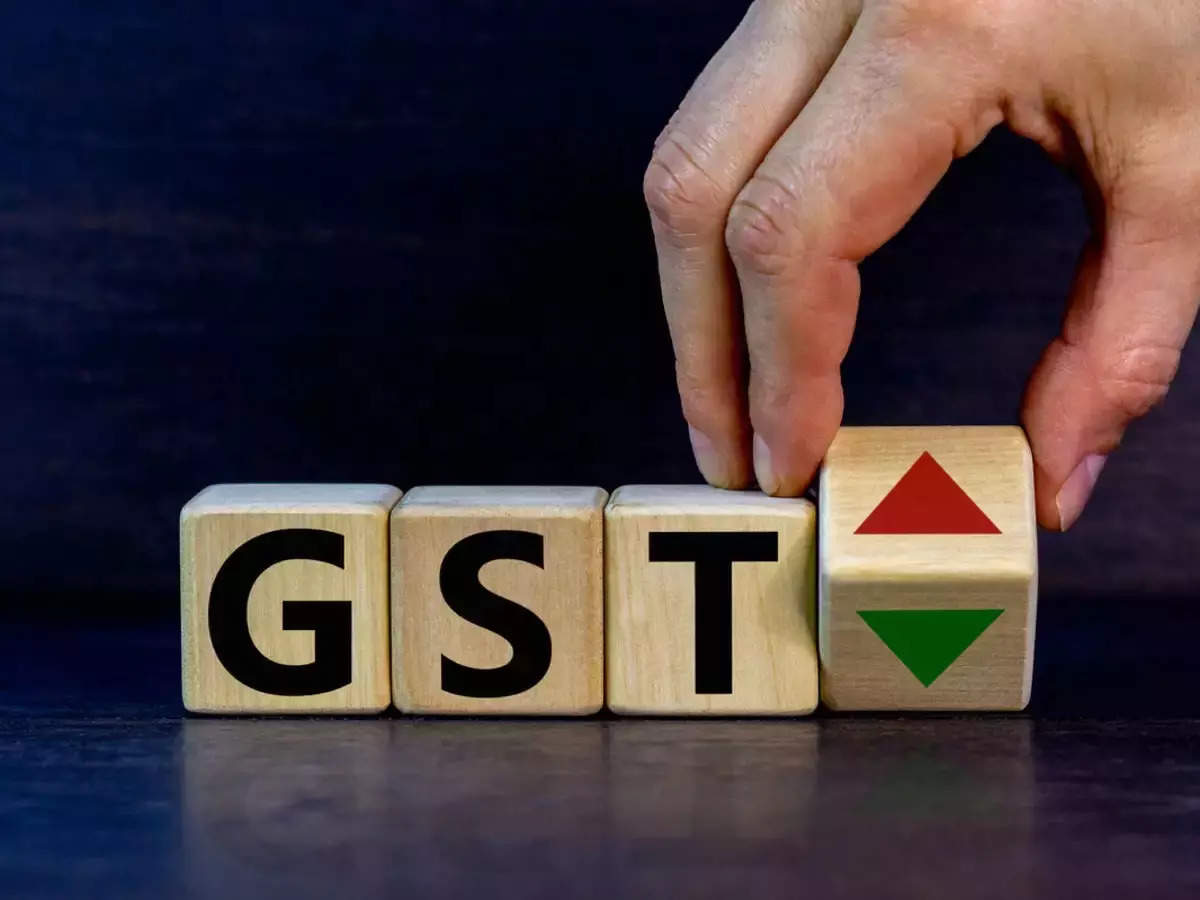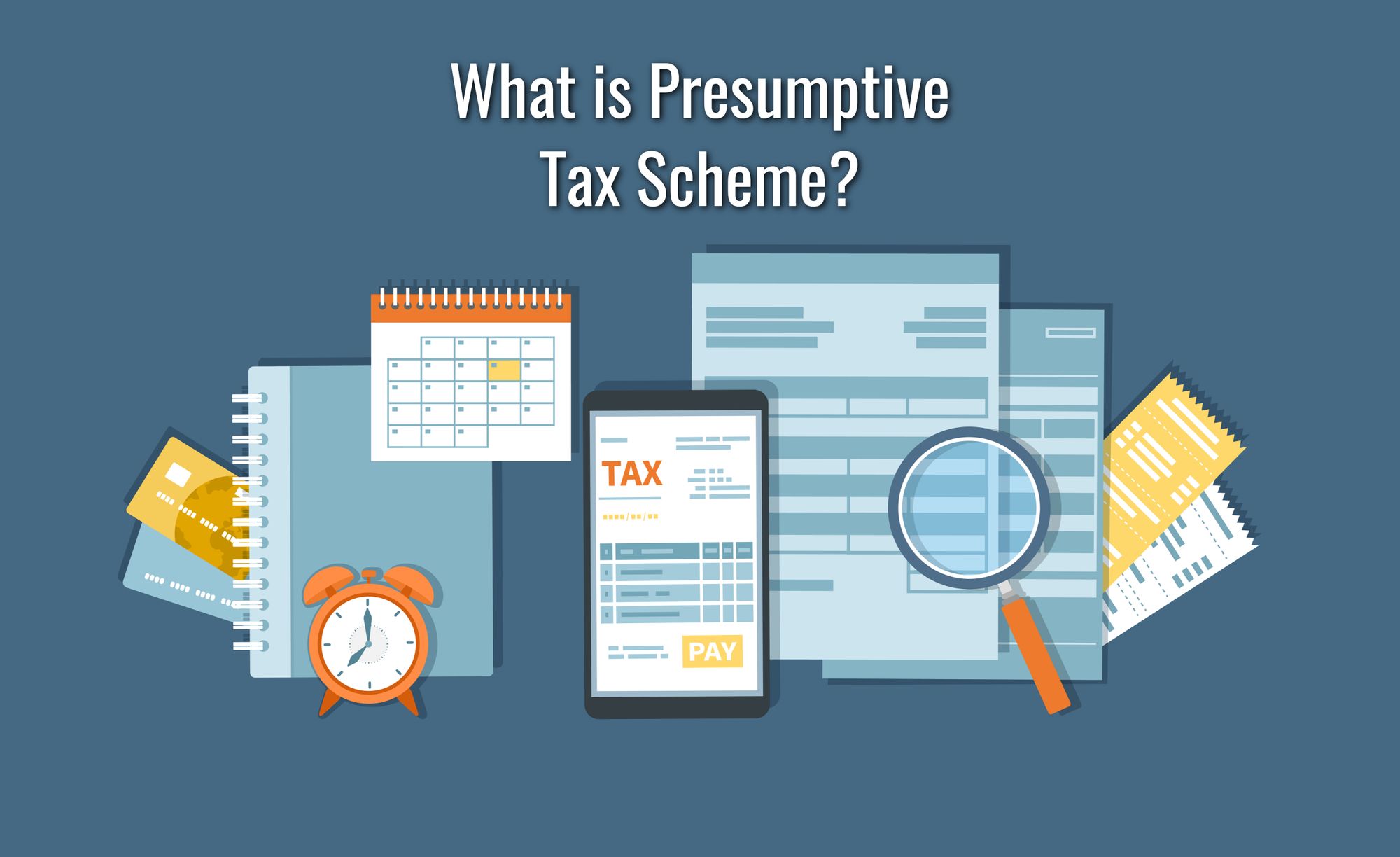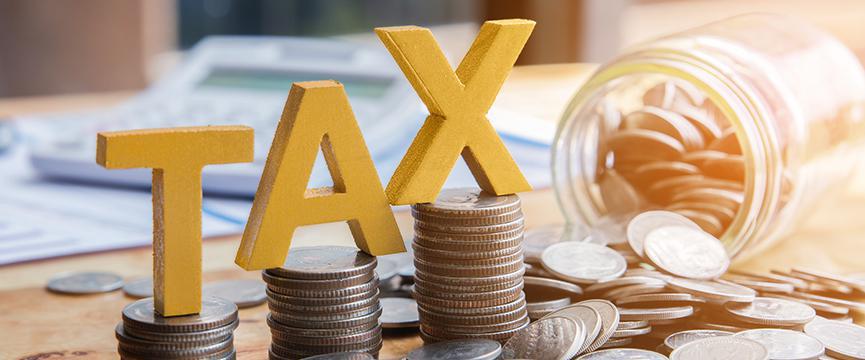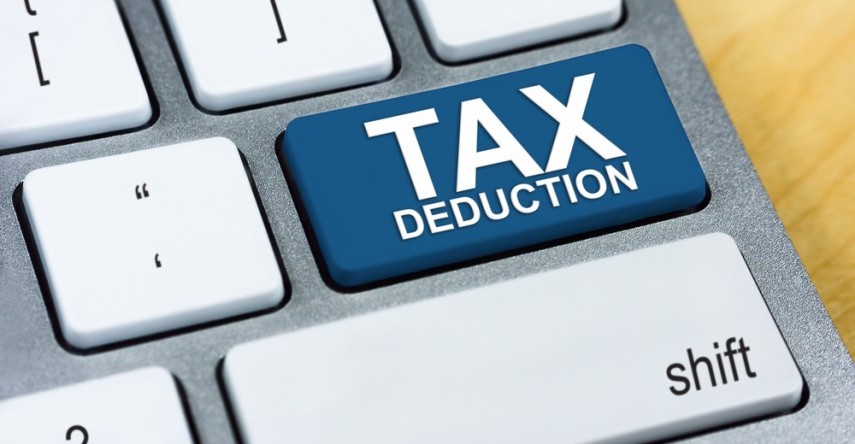Real Estate is an important sector for the economy’s growth. GST from real estate sector in India is a major source of revenue for the government. However, there is no GST on the sale of land in India. Before GST, service tax and VAT (value added tax) was applicable on real estate transactions. The state government applied VAT to the extent of material transfer government. Moreover, the central government charged service tax to the extent of labour charges, in case of construction. Hence, the real estate dealers faced challenges during assessment from state and central tax authorities.
Now, the tax authorities apply 12% GST on the sale of vacant lands and under-construction properties. However, completed or constructed properties do not attract GST. Once the real estate dealers receive the completion certificate, GST is not applicable.
Also, tax rates were slashed down from 8% to 1% for affordable houses and 12% to 5% for others, provided that the builder had not claimed an input tax credit (ITC). Additionally, if a builder has works contract services (labour and materials for execution) for constructing a plot or house, 18% GST is applicable. Apart from GST, stamp duty and registration charges also apply.
GST on the sale of land in India and exemptions
As we know, the land is an immovable property. Hence, according to the CGST Act (Schedule III) sale of land is neither sale of goods nor the supply of services. Therefore, GST does not apply to the sale of land. However, the sale of land attracts stamp duty. It does not come under the scope of GST. For instance, a builder constructed a house and sold it after receiving a completion certificate from the tax authorities. Here, he is not liable to pay GST on the sale of land in India. Additionally, he cannot claim ITC on the inward supply of raw materials and services.
Moreover, the Gujarat Advance Ruling Authority clarified that GST is not applicable on the sale of land in India only during the transfer of ownership.
Additionally, the nature of the activity is also significant during the sale of land. If the builder transfers services such as electricity, drainage line, etc. with ownership of land, he is liable to pay GST because such structures fall under CGST Act, 2017 (Schedule II Para 5 Clause b). Hence, developed plots with such amenities attract GST.

Time, Value, and Place of Supply of land under GST
- The place of supply is the recipient’s location. But in the case of services provided on immovable properties, the place of supply is the property’s location.
- The value of land is the amount paid or payable. Transaction value is the price charged by the seller for the sale of goods and services. Since land is immovable, GST is not applicable. But if the sale value includes charges of additional amenities like water supply, electricity, etc., 18% GST is applicable on such facilities provided. The transaction value is acceptable only when the supplier and recipient are not related, and the price is the only consideration for the supply of land.
- The time of supply is
- Firstly, the date on which the supplier issues invoice, if issued within the prescribed time as mentioned under Section 31 (6) of CGST Act, 2017, or the date on which payment was received, whichever is earlier.
- Secondly, the date on the provision of services, if not issued within the prescribed time as mentioned under Section 31 (2) of CGST Act, or the date on which payment was received, whichever is earlier.
- Lastly, the date on which the recipient of services shows receipt of services in his books of account. It applies when the above two clauses do not apply.
GST on the sale of a developed plot of land in India
The sale of the plot does not attract GST as it is an immovable property. But when a developer sells a plot with facilities like land levelling, electricity, water line, etc. GST on the supply of such services is applicable. The builder is charging an amount for the sale of the plot and the amenities provided. They are not included under sale of land but sale of developed plot. Therefore, the construction of a complex with the intention of further sale is the supply of services, excluding the cost of sale of land.
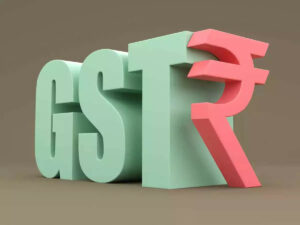
GST on Renting or Leasing of land
The supply of goods and services include sale, transfer, barter, lease, rental or disposal for business purposes. Therefore, renting and leasing land means supply which attracts GST.
As per CGST Act, 2017 (Schedule II para 2a), any lease, tenancy, or license to occupy land is the supply of services.
If a person gives land for a long-term lease (30 years or more) for commercial purposes, a one-time premium paid for the lease attracts 18% GST.
Moreover, if a person gives land for a short-term lease for commercial purposes, the lease amount attracts 18% GST.
However, in the following cases, GST on the lease of land is exempt:
- Firstly, when a builder or developer pays an upfront amount in the case of a long-term lease of industrial plots for infrastructure development of financial business provided by state or central government or any other entity having more than 20% ownership of the state or central government.
- Secondly, during renting or leasing of agro machinery.
- Thirdly, renting or leasing vacant land with or without any structure incidental to use.
Hence, leasing or renting land for agriculture purposes and long-term lease of industrial plots for infrastructure development of financial business provided by the government are exempt from GST. However, leasing or renting vacant land for commercial purposes attracts 18% GST.

ITC provisions for the supply of land
As per Section 17 (5), CGST Act, 2017, a taxable person cannot claim an input tax credit (ITC) on the inward supply of goods and services if one carries construction for own purposes and then uses the same for the furtherance of business.
Moreover, a taxable person cannot claim ITC) on the inward supply of goods and services if a third party or works contract service constructs the land.
A person working in the same line of business can claim ITC. Moreover, he must use it for further works contract service. Hence, ITC is applicable if the expenses are in revenue form.
However, when a person pays GST on long-term and short-term leases, he is eligible to claim ITC.

